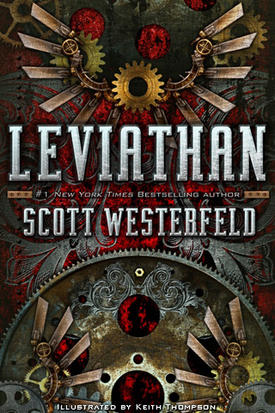
The Reformed Vampire Support Group
By: Catherine Jinks
Book Review by: K. Carson
Blurb: Nina Harrison became a vampire in 1973, when she was fifteen, and she hasn't aged a day since then. But she hasn't had any fun, either; she still lives with her mum, and the highlight of her sickly, couchbound life is probably her Tuesday-night group meeting, which she spends with a miserable bunch of fellow sufferers, being lectured at.
But then one of the group is mysteriously turned to ashes . . . and suddenly they're all under threat. That's when Nina decides to prove that every vampire on earth isn't a weak, pathetic loser. Along with her friend Dave, she hunts down the culprit ─ and soon finds herself up against some gun-toting werewolf traffickers who'll stop at nothing.
Can a bunch of feeble couch potatoes win a fight like this? Is there more to your average vampire than meets the eye?
Characters: Jinks' characters were well contructed, especially the main characters, but often they seem just too damn submissive. I get that Jinks is trying to form characters that seem weak but are brave enough to overcome it, and by the middle of the book our protagonist Nina does that very well. But by that point we are reintroduced to the other characters who lack Nina's growth, and it just becomes dull. It's actually frustrating because Nina won't, rather can't, do anythign without the consent of these characters, and all they want to do is complain. It made the book just a little bit harder to get through. Oh, wait, and can we talk about contradictory? There were times where I stopped and literally asked what Catherine was thinking. Mostly due to her antagonists, in an attempt, I believe, to bring them all to a happy ending. Some of the characters were really well constructed, but others were very poor. Very contrasting.
I decree: 2/5
Plot: I liked the plot. I really liked the idea here, and this is probably why I stuck with the book so long. The flow of the plot works quite well and kept me guessing. Jinks covers all her plot holes quite well. There were a few nitpicky things that I had about it, but all in all each event poured from the previous, made sense, and really ept me guessing.
I decree: 4/5
Fundimentals: THIS is what pissed me off about this book. I probably would/'ve loved this book if it was just written better. First, Jinks switches tenses quite a bit and in the first chapter she canges POV. I'm exceedingly strict with my POV, and the fact that Jinks switches because "Nina is writing a memoir about everything that happened and she wants to make it more her style." Not to mention that Jinks utilizes first person POV as an excuse to tell. It got to parts where I was rolling my eyes and wondering when she would just show me what was going me on instead of telling me.
I decree: 2/5
Overall: I enjoyed the story, and some of the characters bothered me as well as her incesant telling, but the story wasn't bad. I will probably never pick up another of Jinks' books though, just based solely on her writing style.
8/15


 Leviathan
Leviathan

